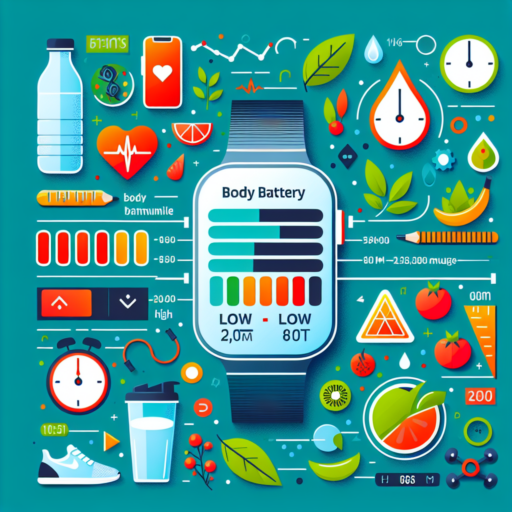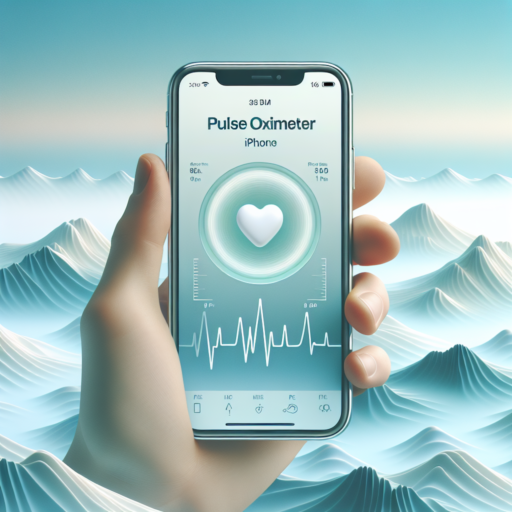Why is my Garmin body battery always low?
If you’ve been noticing that your Garmin body battery indicator is frequently low, it’s crucial to understand that several factors can contribute to this situation. The Garmin body battery feature is designed to help you understand your energy levels by analyzing different physiological parameters. Here, we delve into some reasons behind a consistently low body battery reading.
Intense Physical Activity
One of the primary reasons your Garmin body battery might be showing low levels is due to intense physical activity. Strenuous exercises can significantly deplete your energy reserves. While physical activity is beneficial, excessively high levels of exercise without adequate rest can prevent your body battery from recharging effectively, leading to consistently low readings.
Poor Sleep Quality
Poor sleep quality is another significant factor that can affect your Garmin body battery’s ability to recharge. Quality sleep is crucial for recovery and recharge, and without it, your body does not have the opportunity to recover the energy spent throughout the day. Factors such as irregular sleep schedules, sleep disturbances, and not getting enough hours of deep sleep can all contribute to a low body battery reading, indicating that your body is not getting the restorative rest it needs.
Understanding the underlying reasons your Garmin body battery is always low can be the first step toward improving your energy levels. By addressing these issues, such as incorporating rest days into your workout routine and improving your sleep hygiene, you can enhance your body’s ability to recharge and see a positive change in your Garmin body battery readings.
No se han encontrado productos.
What is the normal body battery range?
Understanding the concept of the ‘body battery’ involves recognizing it as an innovative way to measure your body’s energy levels throughout the day. It’s a metric often used by fitness trackers and wellness devices. By assessing various physiological signals, such as stress, heart rate variability (HRV), and overall physical activity, these devices estimate how much energy you have, helping you to manage your activities and recovery times better.
The normal body battery range typically falls between 0 and 100. This scale is designed to give you a clear picture of your current energy reserves. A score closer to 100 indicates a fully charged body battery, suggesting that you’re well-rested and ready for the day. Conversely, a score nearing 0 may signify that your body is running low on energy, potentially needing rest and recovery to recharge effectively. It’s important to note that these ranges may slightly vary from one individual to another as everyone’s baseline can differ based on their personal health and fitness levels.
Daily activities, stress, and sleep quality are core factors that impact your body battery. For instance, a high-intensity workout, a stressful day at the office, or a night of poor sleep can all deplete your energy levels, reflected in lower body battery scores. Similarly, engaging in relaxation techniques, having a balanced diet, and getting adequate sleep can help recharge your body battery, boosting it back towards the higher end of the scale.
Does Garmin body battery mean anything?
When discussing wearable technology’s capabilities, particularly in health and fitness tracking, Garmin’s innovative feature, the Body Battery, often surfaces in conversations. This energy monitoring tool attempts to give users an insight into their physical and stress levels throughout the day and advising on optimal times for activity and rest. But the question remains, does Garmin’s Body Battery genuinely offer valuable insights, or is it merely a gimmick clothed in sophisticated tech?
The Garmin Body Battery is grounded in the science of Heart Rate Variability (HRV), which measures the time variation between each heartbeat. This data is crucial because it reflects the body’s current stress levels and energy reserves. The higher your Body Battery score, the more energized you are presumed to be. Conversely, a low score indicates exhaustion or need for rest. Understanding these metrics can lead to better health decisions, like identifying the right time to push through a workout or take a moment to recover.
However, the effectiveness and accuracy of Garmin’s Body Battery can vary between individuals. Factors such as baseline fitness levels, lifestyle choices, and even the specific Garmin model worn can influence the data’s accuracy. Adherence to consistent wear and understanding personal baseline scores are crucial for maximizing the Body Battery’s utility. Despite these variables, many users report a heightened awareness of their body’s needs and a more tuned approach to managing energy levels and recovery.
How to get Garmin body battery to 100%?
To optimize your Garmin Body Battery to reach a 100%, it’s essential to focus on several key areas of your lifestyle. Implementing these steps can significantly improve how your body recharges and utilizes energy, reflecting directly on your Garmin device’s Body Battery metrics.
Quality Sleep
Ensuring you get enough quality sleep every night is paramount. The Garmin device tracks your sleep stages and provides insights into how restful your sleep is. Aim for 7-9 hours of good quality sleep by maintaining a consistent sleep schedule, creating a restful environment, and avoiding screens at least an hour before bedtime.
Nutrition and Hydration
What you eat and drink plays a significant role in how quickly your Body Battery recharges. Consuming a balanced diet rich in vitamins, minerals, and antioxidants can boost your energy levels. Additionally, staying well-hydrated by drinking adequate amounts of water throughout the day is crucial for optimal body function and battery recovery.
Stress Management
Stress can significantly deplete your Body Battery. Engaging in regular stress-reduction activities such as meditation, yoga, or even simple deep breathing exercises can help keep your stress levels in check. Monitoring your stress with your Garmin device and taking proactive steps to manage it can prevent your Body Battery from draining rapidly.



